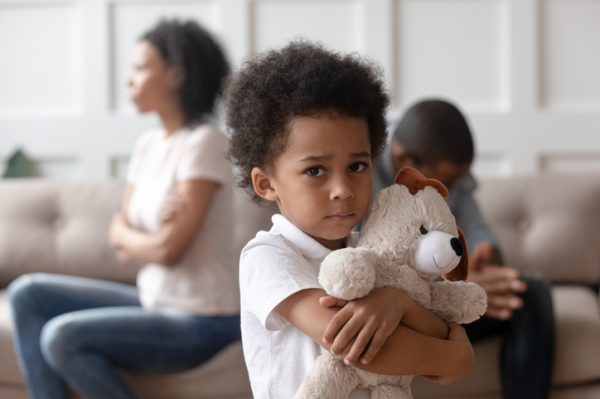Last month, we shared PBS’s recent series about childhood trauma, “Invisible Scars” and talked about how Children’s Friend works to prevent Adverse Childhood Experiences.
Today, we are sharing a follow-up. As part of this series, Dr. Jack Shonkoff of the Harvard Center for the Developing Child sat down with the PBS News Hour to answer questions about parenting during COVID-19. Watch the video here.
During these difficult times, many of us may be asking what we should do if we or our child is struggling.
“During these difficult times, when a parent watches their child struggle more than normal and aren’t sure what to do next, Shonkoff said the best thing is to ask for help. He cautioned that the biggest hurdle is caregivers being afraid of seeking aid and just hoping that things will get better on their own.”
Here’s the hopeful part:
“Children have survived much hardship over the course of human history, such as war, economic depression, famine, disasters, and more,” Shonkoff said. When supported by the consistent presence of a nurturing and caring adult, some studies suggest that children grow and become “more resilient and better,” he said. As a society, Shonkoff said, there is cause for much hope, and people should not feel “as if a whole generation is going to be lost.”
At Children’s Friend, we are here to help. Reach out to us any time for support.

Robert Hagberg, Chief of Strategy

